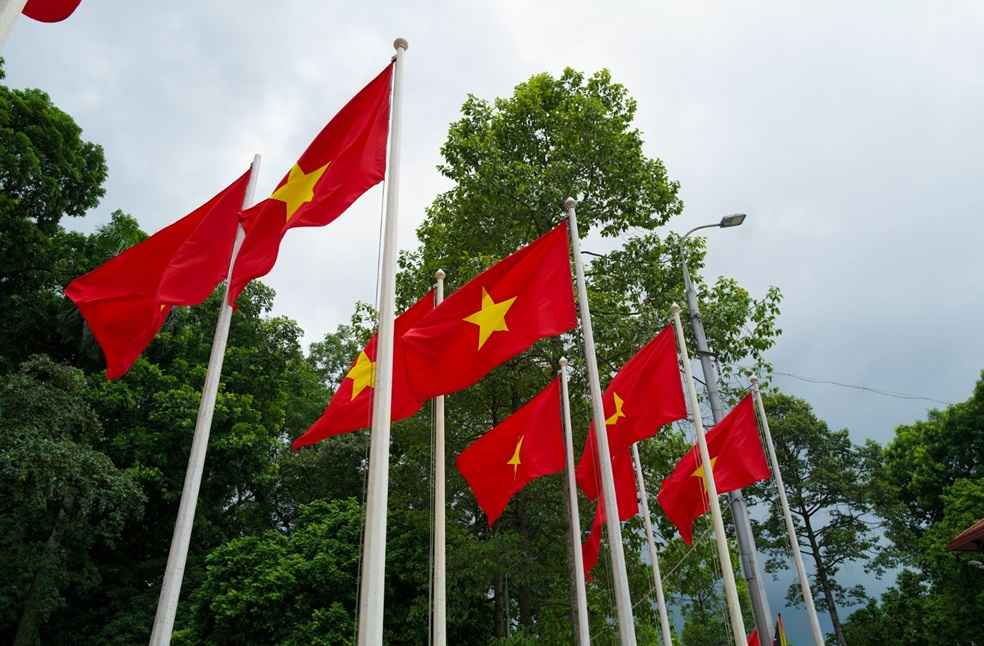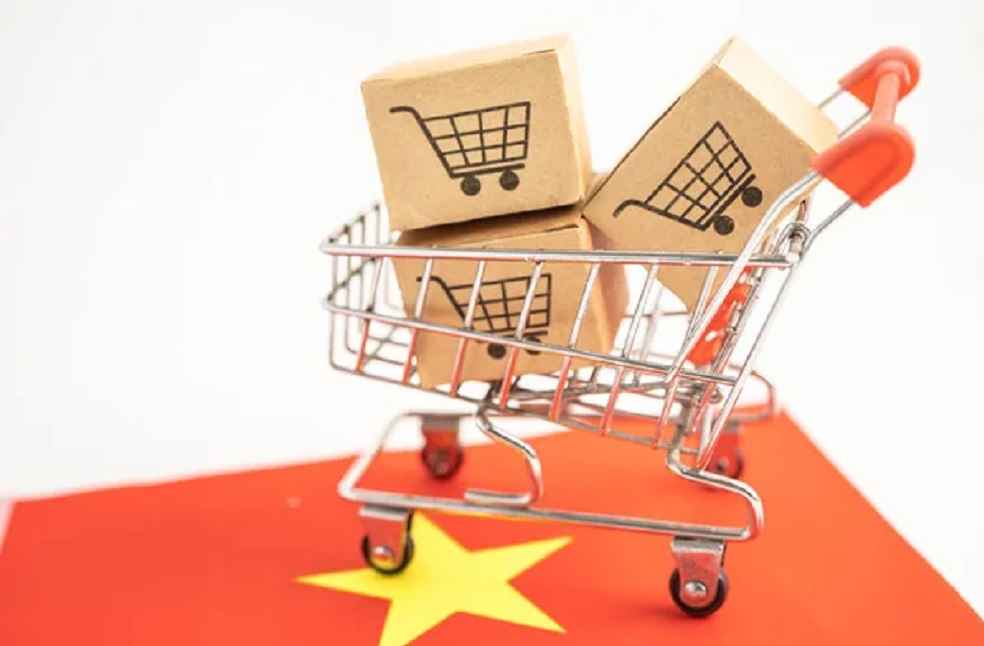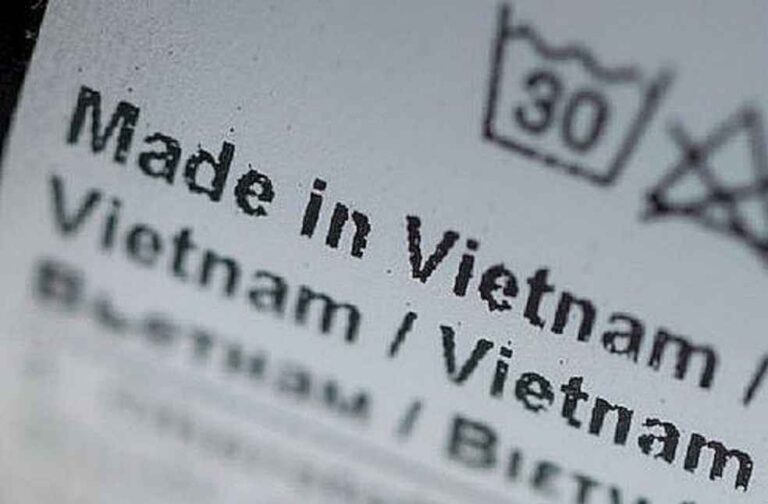The Vietnamese Ministry of Industry and Trade convened a meeting yesterday with a team of policymakers to initiate the drafting of a new decree to replace Decree 31/2018/ND-CP, ND-CP format (which stands for ‘Nghị định – Chính phủ,’ meaning ‘Decree – Government’ in Vietnamese). The move aims to strengthen the legal framework governing the management of goods’ origin and support businesses in adapting to increasingly stringent origin rules imposed by import markets amid ongoing global trade fluctuations.
During the meeting, delegates and experts examined critical issues, including decentralization, authorization for Certificate of Origin (C/O) issuance, fraud prevention and combating illegal transshipment, mechanisms for self-certification of origin, the promotion of electronic C/O issuance, procedural simplification, and enhancing the effectiveness of state management in origin-related matters.

Deputy Minister of Industry and Trade Nguyen Sinh Nhat Tan highlighted the importance of closely aligning the new decree with government directives and current market dynamics. He stressed the need to address business challenges, maximise the benefits of free trade agreements (FTAs), and promote sustainable export growth.
The Deputy Minister also called for broad consultations with ministries, agencies, associations, and the business community to ensure the new decree is highly feasible and provides practical support for trade activities.
According to the Ministry, Decree 31/2018/ND-CP has effectively facilitated businesses’ use of FTA tariff preferences during its seven-year implementation. Export value under preferential C/O surged from $48.9 billion in 2018 to a record $99.3 billion in 2024, despite global economic volatility.

While the legal framework for rules of origin has been strengthened through 45 guiding documents, the Ministry emphasized the urgent need for a comprehensive revision of the current decree. The update is essential to align with evolving rules of origin and certification mechanisms under new-generation FTAs and to ensure conformity with both domestic regulations and international standards.
TRADE WORLD | WTO Warns Tariff War to Shrink Global Trade in 2025



